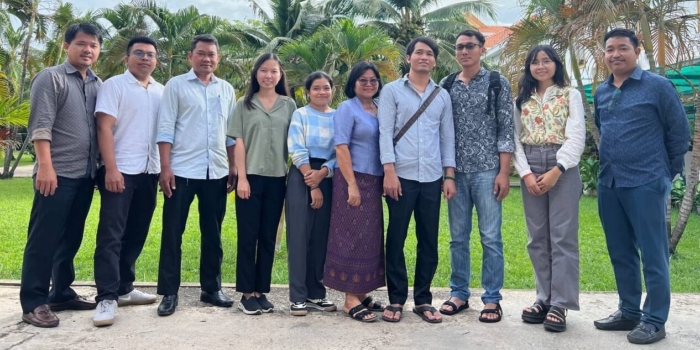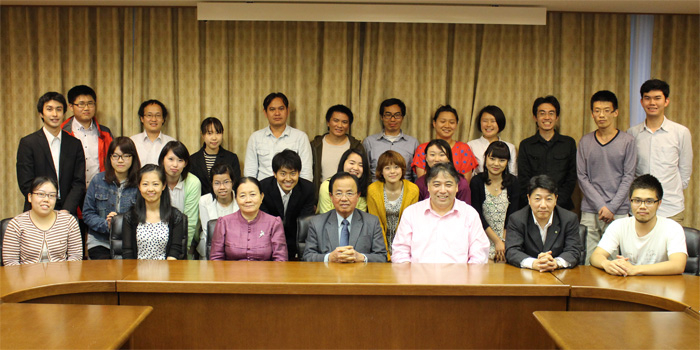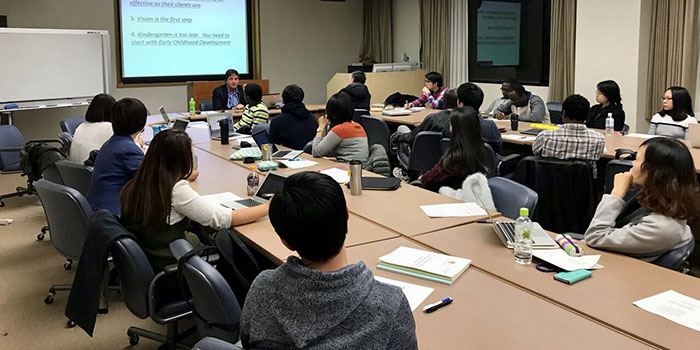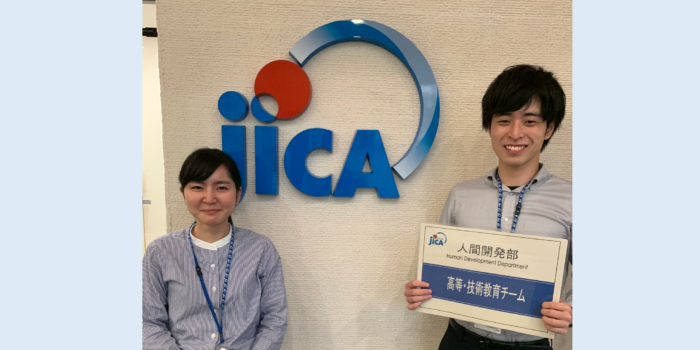During my recent internship at the Cambodian Development Research Institution (CDRI), under the guidance of Dr. Chea Phal, an Ogawa Zemi alumnus and the director of the Center for Educational Research and Innovation, I had the opportunity to broaden my professional network in the Cambodian education sector. Through this experience, I was able to get a greater grasp of the complexities involved in research, which substantially enhanced my abilities as a researcher.
A significant portion of the internship was related to quantitative research, where I delved into the Demographic and Health Survey (DHS) Dataset, specifically relevant to disabilities. The purpose was to identify trends and prevalence, offering vital insights into the connection of disability and the need to access to information, and setting the framework for targeted treatments. In addition, I contributed to document translation, making information on education and disability more accessible to a larger audience by bridging the linguistic barriers between Khmer and English. Conducting field interviews to record qualitative narratives, which functioned as a supplementary component to the quantitative data, was another crucial part of my internship. These individual testimonies, collected from several parts of Cambodia, gave major insights into the issues faced by people with disabilities, complementing the statistical analysis from DHS dataset. Beyond specific tasks, the internship involved a comprehensive review and update of Cambodia’s education status, allowing me to have a better understanding of the Cambodian education.
As my CDRI internship comes to an end, I have gained a sophisticated grasp of the complexities of education in Cambodia. By combining quantitative research, translation work, field interviews, and continuing educational updates, it permits me to contribute meaningfully to the ongoing discourse on inclusive education, paving the way for positive changes in Cambodia’s educational landscape.
Lastly, I would like to sincerely thank Dr. Chea Phal for his helpful counsel and Ogawa-Sensei for his direction and support.
Authored by: Thavrith Sara
Related






